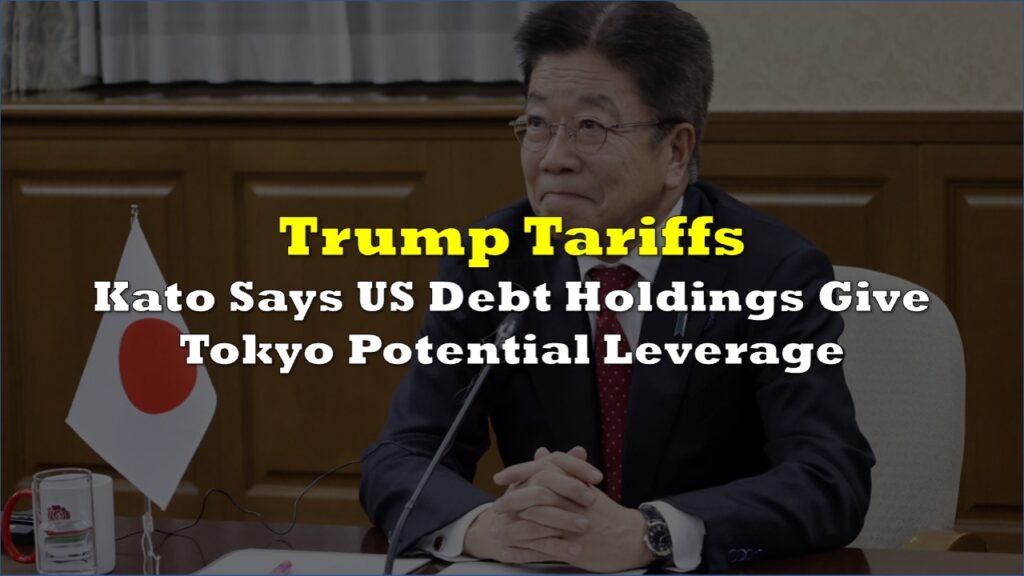Recent online discussions surrounding Japan’s Shikoku Bank have thrust the institution into the spotlight, with many questioning whether the bank enforces an extreme ethical pledge as part of its current corporate policy. The pledge in question, which reportedly required employees guilty of fraud or misconduct to pay restitution with personal property and commit seppuku (ritual suicide), has sparked widespread debate.
The pledge, a legacy rooted in Japan’s feudal samurai code, promises not only restitution of stolen money but also the ultimate personal sacrifice—seppuku, or ritual suicide—by the offending employee.
As described in public documents, the pledge states: “Anyone employed by this bank who has stolen money or caused others to steal from the bank will pay for it with his or her own property and then commit suicide.”
Cool stuff (albeit historical). pic.twitter.com/gDCuQ3UECQ
— petebray (@petebray) November 25, 2024
This declaration, which Shikoku Bank frames as a symbol of integrity and moral responsibility, reflects an uncompromising commitment to ethical standards. The bank views this as a “treasure” of its institutional culture, emphasizing that the pledge represents a broader sense of duty not only to the bank but also to society.
In supplementary text, the bank explained that this practice underscores the importance of responsibility: “If any irregularities were found in the transactions, he would make compensation with his own money and even commit seppuku. This oath conveys the importance of ethics and a sense of responsibility not only as a bank employee but also as a member of society, and is passed down as a treasure of Shikoku Bank.”
Historical Artifact
However, closer examination reveals that this is not a modern practice but a relic of history—a document tied to Shikoku Bank’s predecessor, the Thirty-Seventh National Bank, during Japan’s Meiji Era (1868–1912).
The pledge originates from the Thirty-Seventh National Bank, a predecessor to today’s Shikoku Bank. The document, signed by 23 employees, including a branch head, outlined a draconian oath of accountability: any employee found guilty of theft or dishonesty was required to cover financial losses with personal assets and then perform seppuku, a ritual deeply tied to Japan’s samurai code of honor, Bushido.
The pledge was signed in blood—a stark reflection of the seriousness with which it was regarded in an era where honor and loyalty were paramount. This extreme approach to ethical banking reflected the values of the Meiji Era, a time when Japan was modernizing but still deeply influenced by feudal traditions.
Today, the pledge is preserved by Shikoku Bank as a shiho (treasured artifact), symbolizing the ethical rigor expected in the banking profession during its formative years.
Notably, Shikoku Bank has not clarified whether the pledge remains a literal policy or is now more of a ceremonial tradition.
Information for this briefing was found via the sources mentioned. The author has no securities or affiliations related to this organization. Not a recommendation to buy or sell. Always do additional research and consult a professional before purchasing a security. The author holds no licenses.









